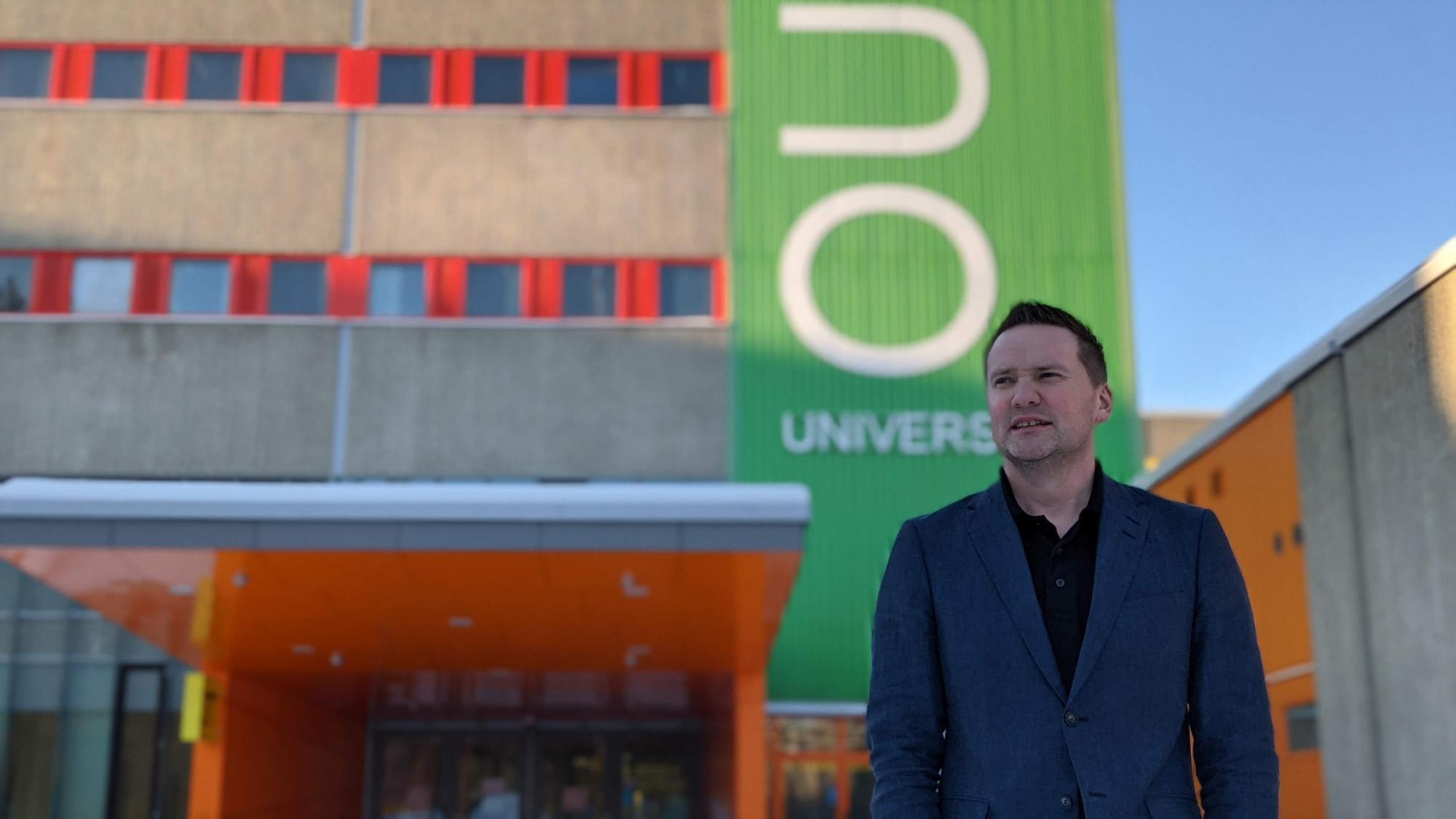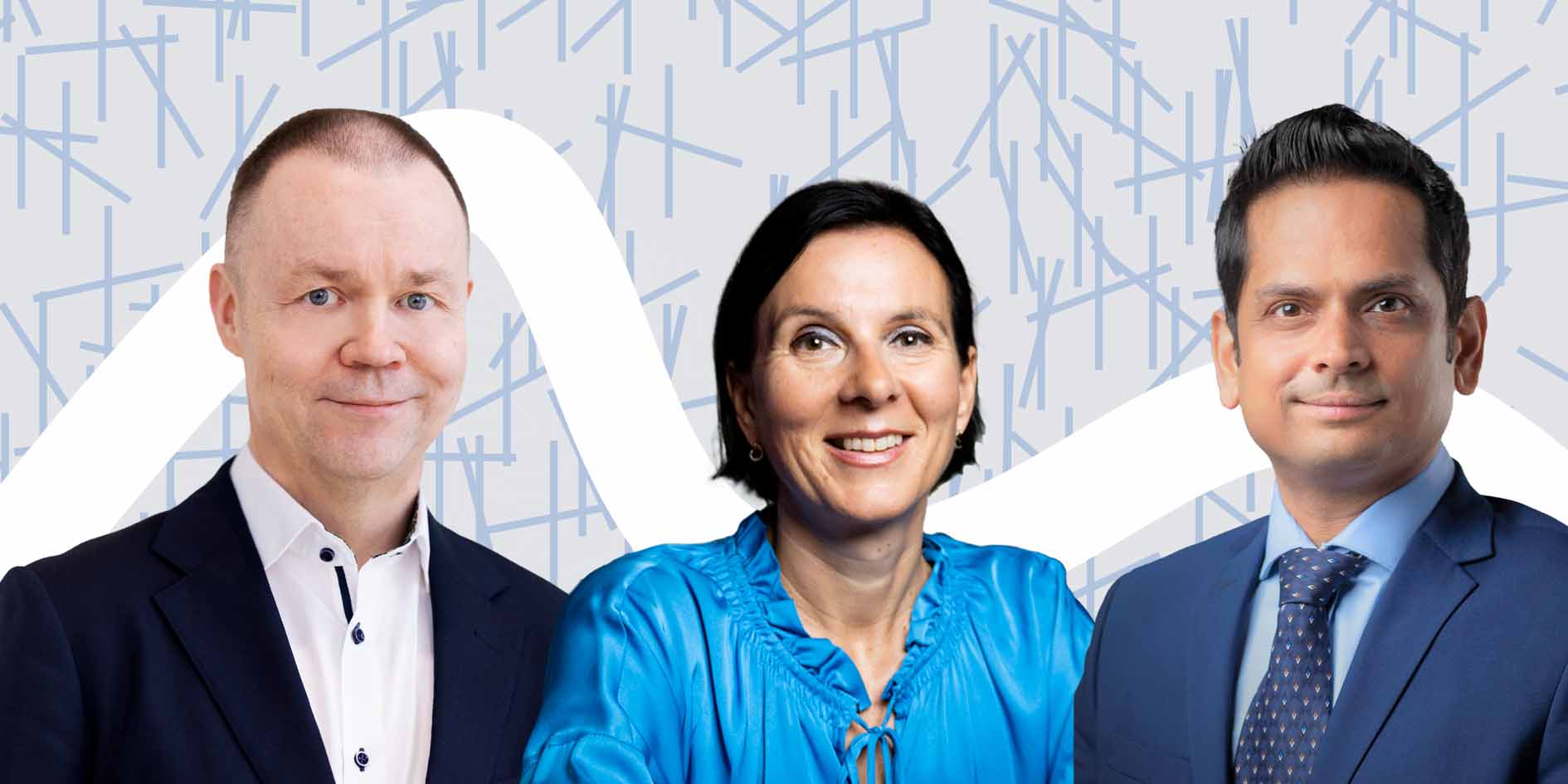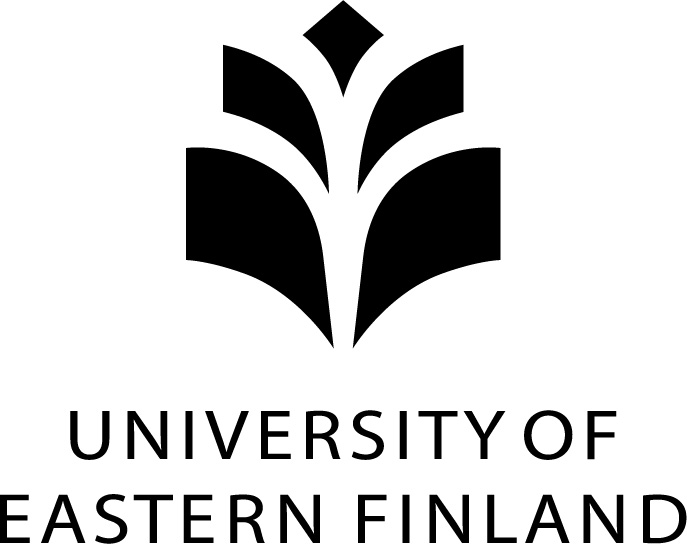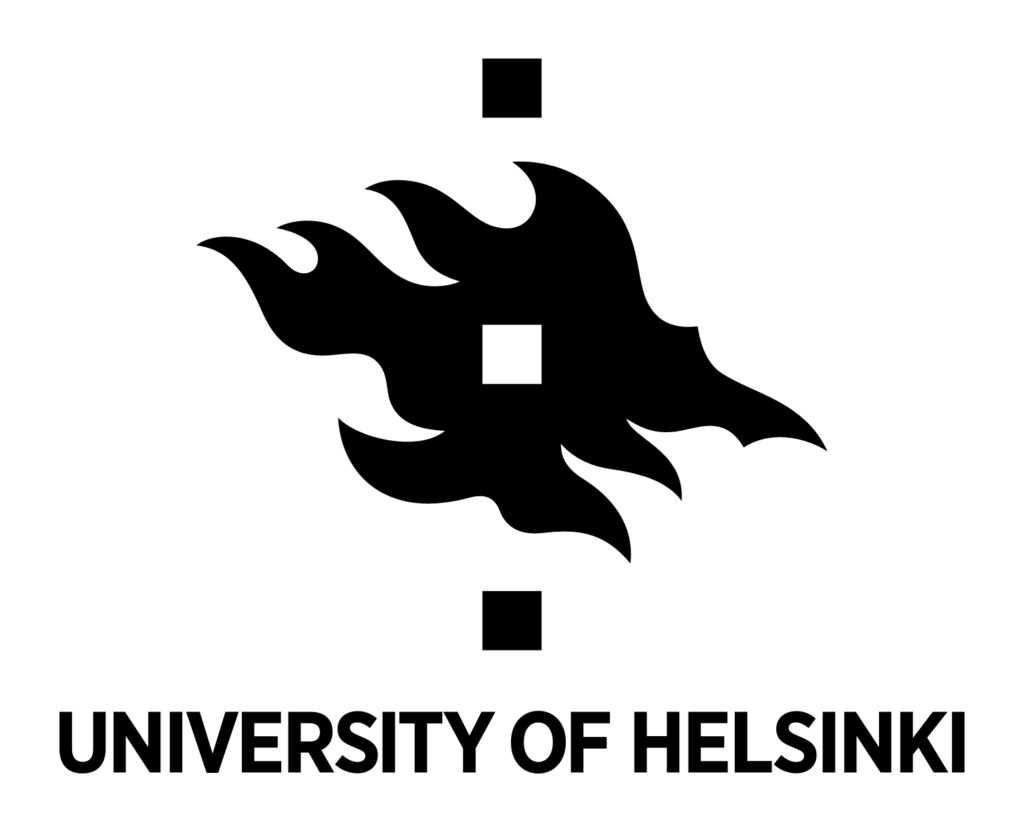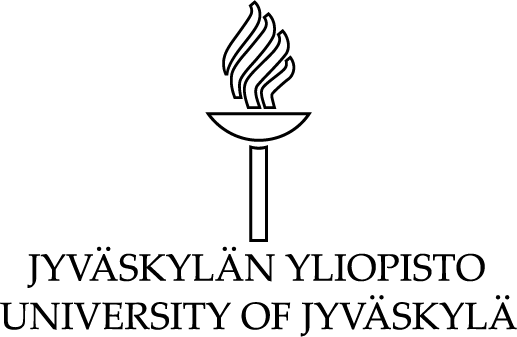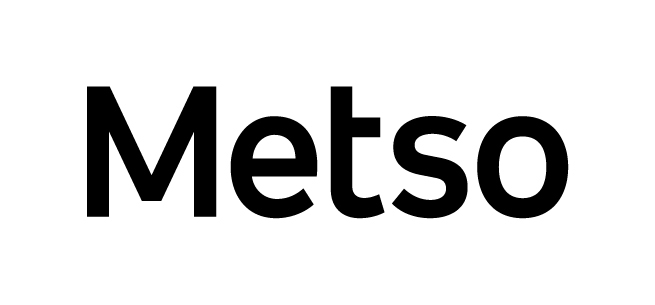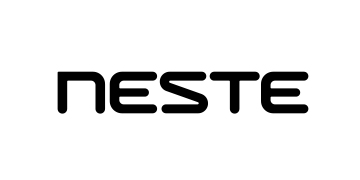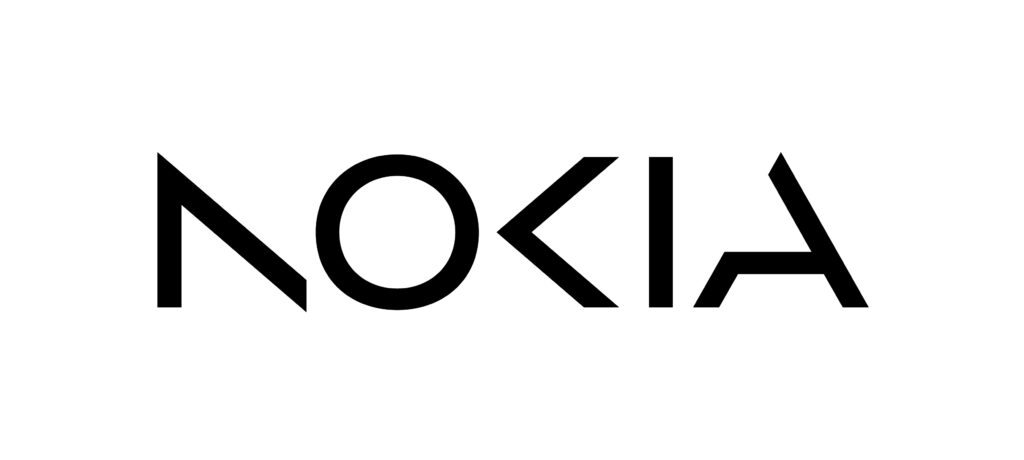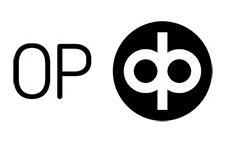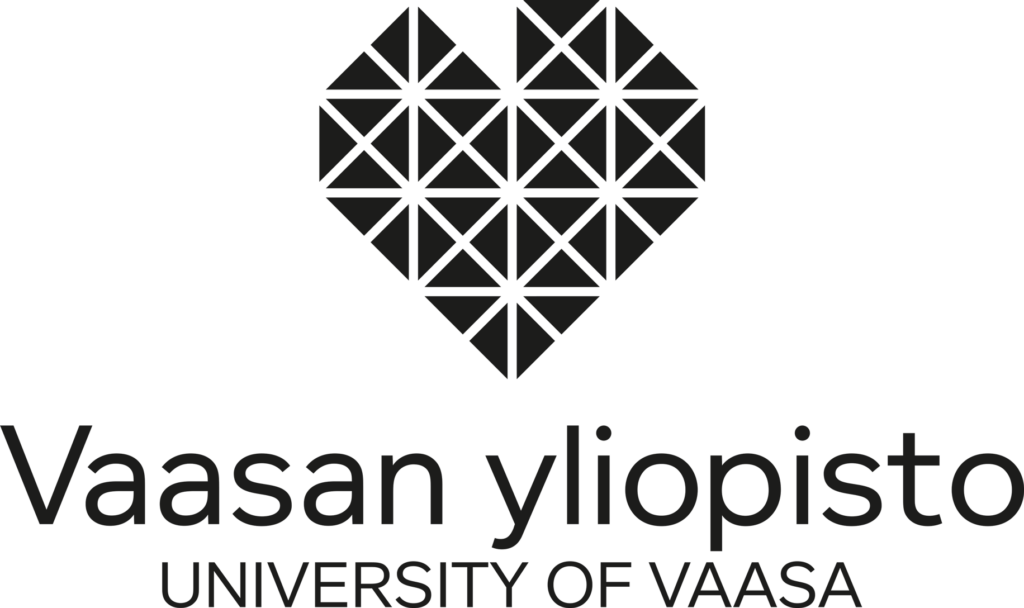Blog: How will 6G help us for a better future? By Marja Matinmikko-Blue
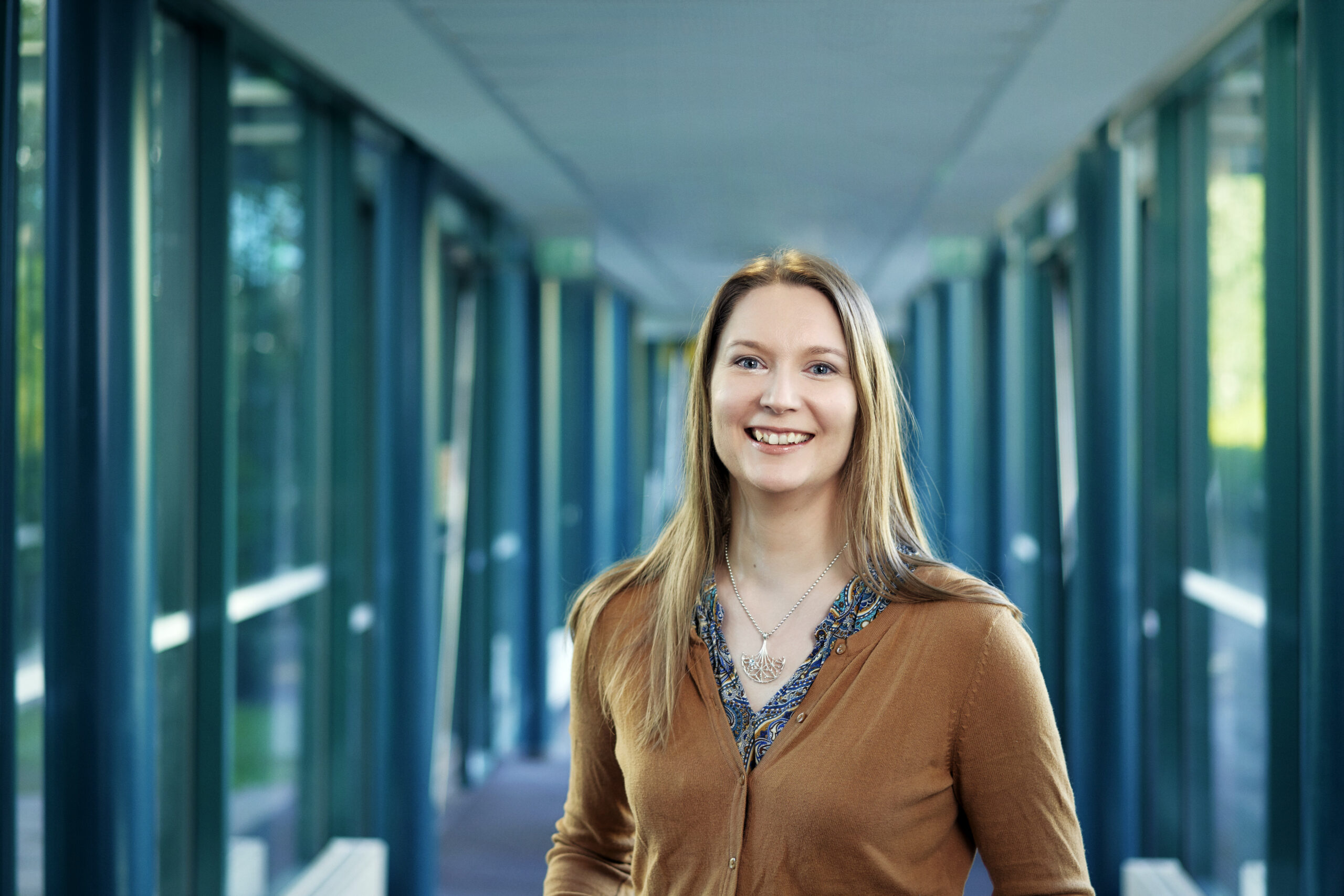
Marja Matinmikko-Blue, Dr.Sc. Ph.D. at Infotech Oulu Institute and Director of Sustainability and Regulation at 6G Flagship at the University of Oulu
Finnish 6G Flagship’s vision for 2030 is that our sustainable future society is data-driven, enabled by near-instant and unlimited connectivity. What does this mean from the technology perspective? How does this change our everyday life from social aspect? Where should we focus on most now in the early stage to build future business?
Finland was the first in 6G. This brings naturally a lot of responsibility. New technology development must aim at the common good. The forerunner position gave us the opportunity to bring together people for joint 6G vision building and to propose guidelines for the development. We made twelve 6G White Papers to get versatile viewpoints into the game at an early stage. Sustainability was identified as the key driver already in 2019.
Before 6G and 2030, we should deepen our sustainable thinking. The big goal of sustainability, i.e., indicating that our choices today should not limit the range of options available for the future generations, must become a fundamental driver of both the development and the use of all ICTs. Sustainable development with concrete actions to realize these goals needs to be embedded into our everyday activities.
Today’s sustainability discussions around mobile communications focus on energy efficiency that is used to compare technologies in terms of required energy per transmitted bit. The efficiency improvement alone does not solve sustainability challenge when the amounts of data keep increasing. Overall energy consumption keeps increasing and it cannot be replaced by the potential enabling effect of ICTs for the achievement of sustainability targets in other sectors of society.
Viewpoints to 6G research and development
The R&D phase of the new technology is critical to realize future sustainability targets. The future of mobile communications is not just about more bits per second. 6G should aim at achieving something more substantial. For 6G to play a fundamental role in the future society that has adopted sustainable development in all aspects, the whole future 6G system and its ecosystem need to be built based on the new design criteria that emphasize sustainability at all levels.
From the social perspective, future mobile connectivity solutions need to be developed from a human-centric perspective in addition to the growing need for connecting machines. Covering households by a Gigabit network alone does not solve the issue of digital divide, because a single metric does not describe what end users will actually get, not to mention the price they have to pay. Technology should bring equality globally.
From an economic perspective, sustainable solutions to solve major global sustainability problems are a business opportunity for Finland and Europe. SMEs are important stakeholders and their conditions to innovate in Europe should not be worse than outside of Europe because of the differences in the availability of technology combinations in different regions.
The environmental perspective of sustainability must be understood broadly. Improving energy efficiency is not enough. Even the energy efficiency itself is a difficult metric to define, measure and compare. The principles developed and applied in other sectors should be taken into use in ICT, too.
To realize a sustainable future, we cannot wait until 6G and 2030, which is the target year for the achievement of the UN SDGs. We need to join the forces to act now. National and European level actions that bring together academia, industry and policy makers are needed to derive the new sustainability-based system requirements and to develop the needed elements. Researchers need real-world data.
Technology itself does not solve the challenges but their development and usage to drive towards the common good is fundamental. This also drives us researchers to change the world. After 15 years from now, it is interesting to see what innovation will win the Millennium Technology Prize. I´m sure that it is related to sustainable 6G.
Dr.Sc. Ph.D. Marja Matinmikko-Blue is Research Director at Infotech Oulu Institute and Director of Sustainability and Regulation at 6G Flagship at the University of Oulu. University of Oulu is a partner of the Millennium Technology Prize.

